History shows that women have played major roles in Yemeni society. Some women of pre-Islamic and early Islamic Yemen held elite status in society. The Queen of Sheba’s name is remembered with pride in Yemen while queen Arwa is associated with her attention to infrastructure, which added to a documented time of prosperity under her rule. Modern day women of Yemen, however, are subject to discrimination and violence in a society that reflects largely agrarian, tribal, and patriarchal traditions.
This negative trend becomes visible on a global scale. In 2019, Amnesty International, the global organization focused on human rights, published an article titled “Yemen: One of the Worst Places in the World to be a Woman”[1] The report highlights that Yemen is “a country ranked last in the World Economic Forum’s Global Gender Gap index for 13 consecutive years, women have been suffering from deeply entrenched gender inequality rooted in a patriarchal society with rigid gender roles.”[2]
Each Yemeni woman who crosses the boundaries of silence, imposed by the traditional law, contributes to the discussion about gender inequality in Yemen. However, it is a real challenge to register voices of women who are willing to share their own life story and emotions.
During the Global History Dialogues project, I conducted an interview with a Yemeni woman who returned to her childhood memories with disappointment: “I went through the experience of early marriage and I was not allowed to complete my studies. I was frustrated.”[3] After the early marriage, she experienced another major change in her life – migration to Europe. Although this might seem as a significant event, the old patriarchal norms remained unchanged: “I had my first child when I was 15-year-old, even though I was in Europe. My family did not allow me to live a normal life, meaning to have the right to study and make friends. They always worried about culture and traditions, even though we are in a European country.”[4]
Her voice resonates with voices of other women who experienced the burden of being silent and careful about discriminatory norms: “To be a Yemeni woman, means that you must carry a huge burden on your shoulders for as long as you live. It means being constantly reminded that for some reason you are carrying the honor of the whole village. The honor can expand and shrink based on the situation. So, you must be careful, to save your tribe’s face! But careful of what exactly? Well, the list is endless. To be on the safe side, all you must do is have a man’s permission. The permission needs to be received before doing anything major in your life or considered unusual in society.”[5] These words are published in a blog where Yemeni women can share their opinions about gender inequality. “What does it mean to be a Yemeni woman? How does it feel to be raised in the worst country in the world on gender equality?”, ask the authors of the blog. Publishing such words in the online space implies risks. Such risks are not linked to the official law. Instead, the tribal law in Yemen reacts with public shame. Even if a woman wants to go to a supermarket, she needs a permission from her husband. If she is not married, the father, a brother, or an uncle, is the one who should give the permission. In this context, it is difficult to imagine permission for sharing opinions publicly, as in the case with a blog publication.
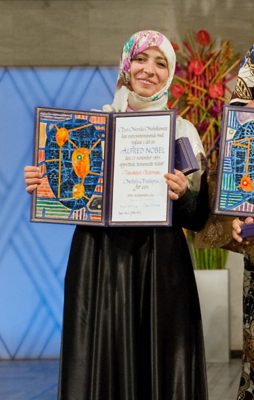
However, voices of Yemeni women leaders are visible in the public sphere. Tawakkol Karman is a human rights activist, journalist, and a politician. Known as the “the lady of the Arab Spring,” Karman played a key role in the 2011 pro-democracy youth uprising in Yemen. She was awarded the 2011 Nobel Peace Prize in recognition of her leadership in non-violent struggle and her advocacy against authoritarianism, corruption, and oppression. Karman is the first Arab woman and the second Muslim woman to win the Nobel Peace Prize and, at that time, the youngest recipient.
In a recent speech (the keynote speech at the Nobel Festival for Asia on 28 October 2021) Mrs. Karman reflected on the role of women as leaders: “When we look at the history of societies, we find that women who emerged as leaders of their societies were the product of political and social movements in which women actively participated. They came under the banners of general issues of interest to all segments of society, including the issue of women and their rights, and the issue of equality between men and women.”[6] Mrs. Karman added that “'[t]he policy of positive discrimination in favor of women, which is universally encouraged, to provide the opportunity for women to participate in the public sphere, are important measures, but they remain limited and do not lead to a fundamental change in the status of women and their participation in the public sphere.”[7]

Amat Al Alim Alsoswa is a Yemeni journalist, the first Yemeni woman Ambassador to the Netherlands, residing in The Hague, and the second female Minister of Human Rights in Yemen’s history. In her lecture at the Dubai School of Government on 11 June 2009, titled “The Economic Crisis and Gender Equality in the Arab World” broadcast on Youtube, she stressed that women and men have to vote for women and in this way the number of women in the parliament will increase: “Now we have a number of women in the elected councils. We hope that we’ll be able to see more of course in the future and not only to have quotas. In some countries it is even difficult to have quotas for women because, every time you speak about that, you are told that constitutions do not allow for this and you should leave it for the free will of the society. But then, at the same time, the society doesn’t help you and the norms don’t help you as well to support you and the transformation of the behavioral change which will then allow men as well to vote for women and to accept women especially when they reach a higher level at the position of the decision-making. At the same time, we have seen a quite good number of female ministers in ministries where they don’t only do the typical job that women usually are pictured in like social affairs, family affairs, or mostly health. We are seeing a bigger number of women who are joining cabinets and, hopefully, we will have even a bigger number at other more sensitive and important places. I’m hoping that one day we will see a woman finance minister.”[8]
Nada Al Ahdal is a human rights activist. When she was 11-year-old, she refused to be a victim of child marriage forced by her family. Today, she is the Chairman of Nada Foundation[9] advocating for child rights protection. In 2015, The famous French publishing house Michel Lafon, published her book La rosée du matin (The Morning Dew). The book was printed in French and Dutch and translated to many other languages. The Morning Dew tells Nada’s story which reveals the daily life and reality of Yemen, caught between traditions and modern developments. Her call for help has rekindled international attention to the early and forced marriage of young girls, doomed to a destiny of servitude when they do not succumb to violence and sexual assault from their husbands.
Yemeni women face problems of early age marriage and gender discrimination, which is an example of the burden of the traditional law and the boundaries of silence. Hopefully, this will change soon through the voices of Yemeni women.
[1]Amnesty International, “Yemen: One of the Worst Places in the World to be a Woman.” https://www.amnesty.org/en/latest/campaigns/2019/12/yemen-one-of-the-worst-places-in-the-world-to-be-a-woman/ Accessed: 12 November 2021
[2] Ibid.
[3] Anonymous, interview by the author, Rome, Italy, 21 August 2021
[4] Ibid.
[5] Yemeni Feminist Movement. https://www.girlsglobe.org/2020/07/15/what-does-it-mean-to-be-a-yemeni-woman/ Accessed: 12 November 2021
[6] Tawakkol Karman, Speech at the Nobel Festival for Asia, 28 October 2021, https://tawakkolkarman.net/texts/speeches/3656-tawakkol-karman-s-speech-at-the-nobel-festival-for-asia Accessed: 12 November 2021
[7] Ibid.
[8] Amat Al Alim Alsoswa, The Economic Crisis and Gender Equality in the Arab World (29 July 2009) https://www.youtube.com/watch?v=mcnVLaNEjeI&ab_channel=MohammedBinRashidSchoolofGovernment-MBRSG Accessed: 12 November 2021
[9] Nada Al-Ahdal, Personal blog: https://nadaalahdal.com/ and Nada Foundation https://nadafund.org/ Accessed 12 November 2021




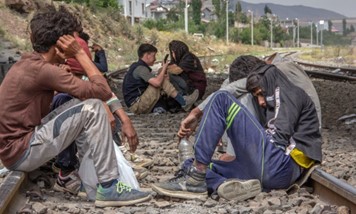
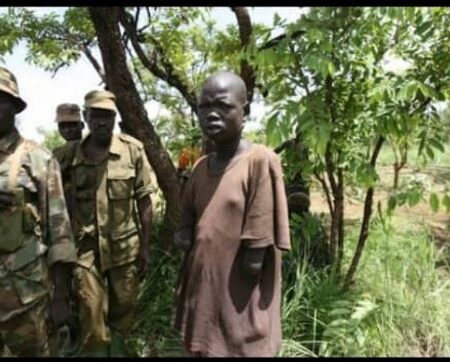
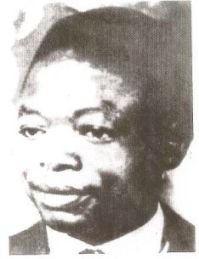

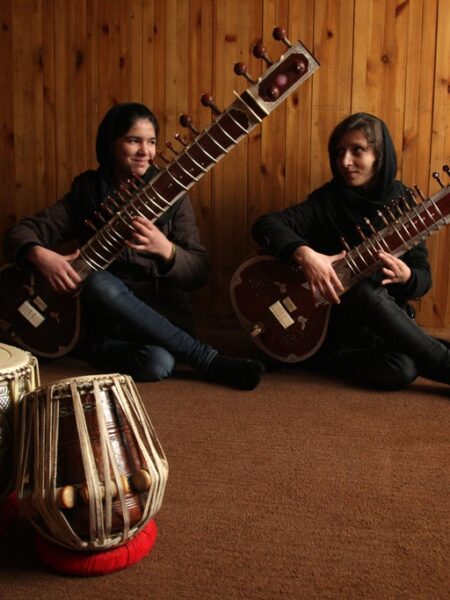

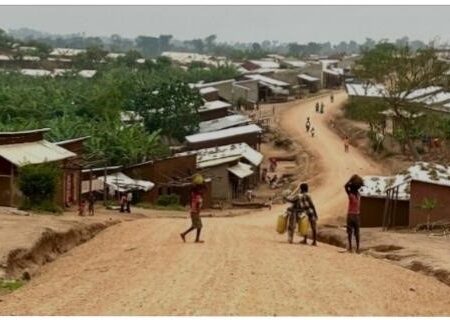
Dear Hanan,
Very interesting read. Especially because not many information are available about Yemini women.
Oliver